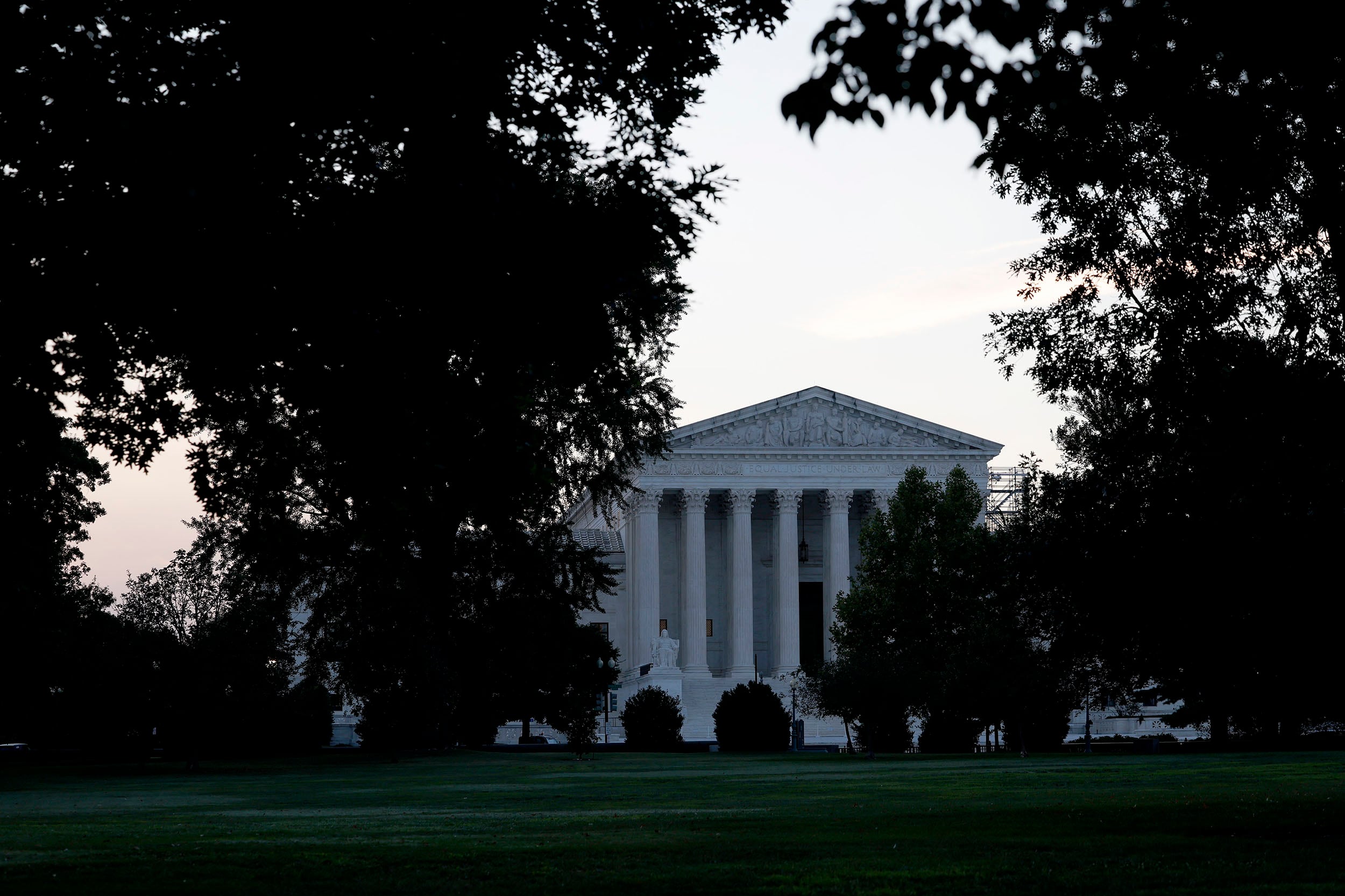Votebeat is a nonprofit news organization reporting on voting access and election administration across the U.S. Sign up for Votebeat Pennsylvania’s free newsletter here.
The American Civil Liberties Union of Pennsylvania is asking the U.S. Supreme Court to decide whether requiring voters to date their mail ballot return envelopes violates federal law.
The group filed its petition Friday on behalf of the Pennsylvania branch of the NAACP. It follows a separate request from voting rights groups this week to Pennsylvania’s highest court for an expedited ruling on the date requirement.
“The right to vote is one of the most important in this country,” said Janette Wallace, general counsel of the NAACP. “Ballots should not be rejected because of irrelevant errors. We will continue to fight so that voters’ voices may be heard. That’s why we’re taking this to the Supreme Court.”
The case is one of several challenging the rules around mail ballot voting in Pennsylvania, and centers on whether the state’s requirement that voters handwrite a date on their mail ballot return envelope violates the materiality provision of the 1964 Civil Rights Act.
That provision says a person cannot be denied the right to vote because of “an error or omission on any record or paper relating to any application, registration, or other act requisite to voting, if such error or omission is not material in determining whether such individual is qualified under State law to vote.”
Shortly after the November 2023 municipal election, a federal district court judge ruled that the date was “wholly irrelevant” in determining a voter’s eligibility, and that Pennsylvania’s requirement did violate the provision.
But Republican groups appealed the ruling to the 3rd U.S. Circuit Court of Appeals, which ruled 2-1 in March that the requirement did not violate the provision. The judges said the materiality provision applies only to the voter registration process, and not to rules regarding the validity of ballots.
A spokesperson for the Republican National Committee, which is a party to the case in favor of keeping the dating requirement in place, did not immediately respond to a request for comment.
It is not clear yet whether the U.S. Supreme Court will take the case, but if it does, voters should not expect a decision before the November election. Any decision would be months away, said Rick Hasen, an expert in election law at the UCLA School of Law.
Hasen said it’s always dicey to bring a voting rights case before the current Supreme Court — which has a strong conservative majority and has issued decisions in recent years viewed as weakening voting rights. But he figures the plaintiffs may feel they have little to lose, since courts have already ruled the materiality provision doesn’t apply.
Meanwhile, the ACLU and the Public Interest Law Center, on behalf of other clients, are asking the Pennsylvania Supreme Court to decide whether the date requirement violates a section of the state constitution. It is not yet clear whether the state high court will take up the case, but if it does, a ruling would likely come before November.
For now, Pennsylvania voters will have to date their mail ballot return envelope, as well sign it and place the ballot in an inner secrecy envelope, in order for their mail vote to be counted this year.
Carter Walker is a reporter for Votebeat in partnership with Spotlight PA. Contact Carter at cwalker@votebeat.org.





